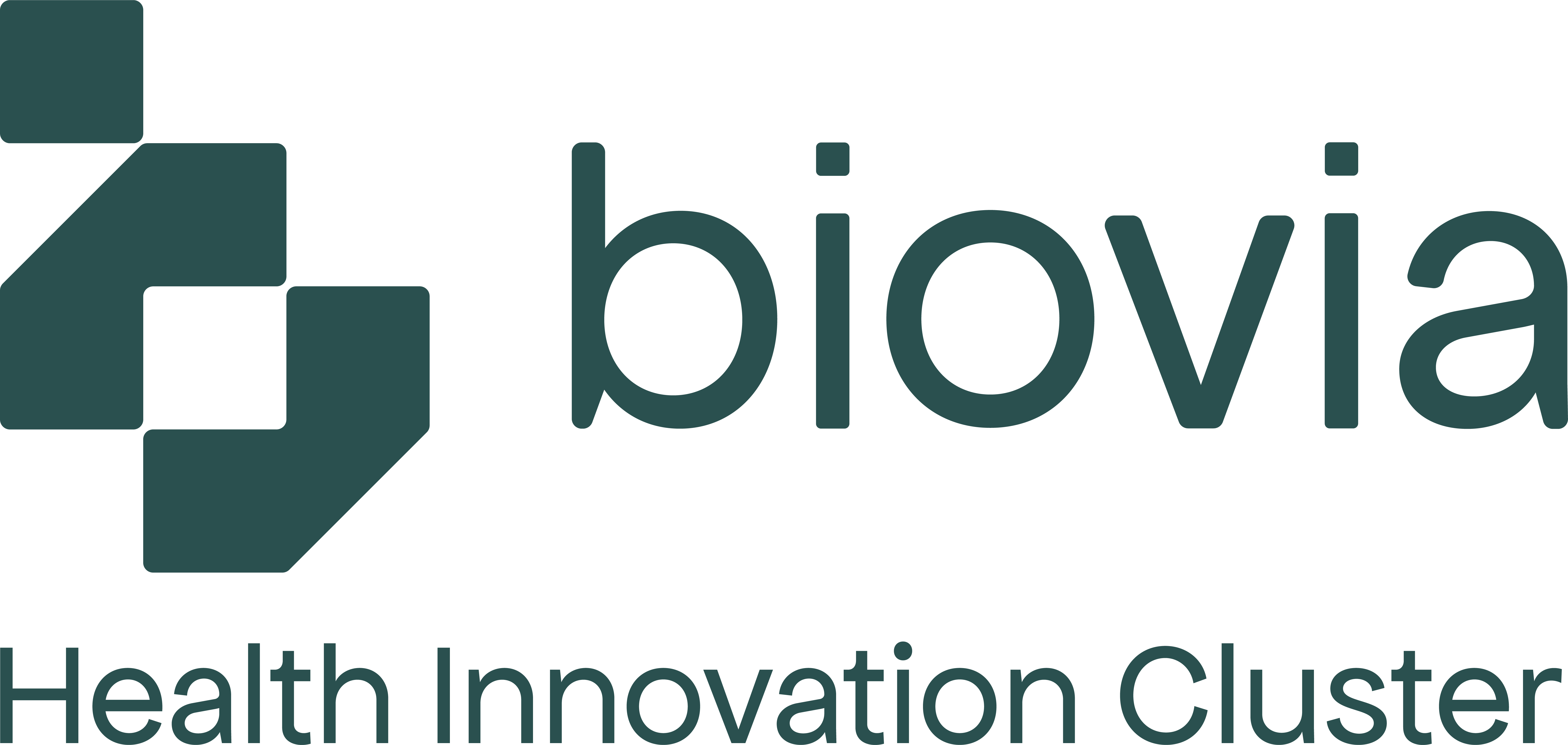Six Month Data from alfapump® Pivotal POSEIDON Study in Treatment of Recurrent or Refractory Ascites due to Liver Cirrhosis Published in American Journal of Gastroenterology
Sequana Medical NV (Euronext Brussels: SEQUA, the "Company" or "Sequana Medical"), a pioneer in the treatment of drug-resistant fluid overload in liver disease, heart failure and cancer, today announces the publication of “The Effects of alfapump on Ascites Control and Quality of Life in Patients with Cirrhosis and Recurrent or Refractory Ascites” in the prestigious peer-reviewed journal, American Journal of Gastroenterology. The publication covered the six month data for the forty implanted patients in the pivotal cohort of the POSEIDON study, the multicenter, open-label, single arm study with a within-subject crossover design conducted in patients with cirrhosis and recurrent or refractory ascites. The publication is available online here.
Professor Florence Wong, University of Toronto, Hepatologist at Toronto General Hospital, Ontario, Canada and Principal Investigator for the POSEIDON study, commented: “Patients with recurrent or refractory ascites have a very poor quality of life and reliance upon large volume paracentesis (LVP) imposes a substantial burden on them, as well as their caregivers and the health care system. The results from the POSEIDON study in this publication have shown that the alfapump system effectively contolled ascites, which improved quality of life2, with complication rates similar to the expectation in patients with refractory ascites at six months post-implantation1. Results from the literature indicate that the overall survival of patients with the alfapump was not worse as compared to TIPS3,4 and was higher than reported for standard of care (LVP).”
Dr Gijs Klarenbeek, Chief Medical Officer of Sequana Medical NV, who has led the POSEIDON study for the Company, continued: "We are delighted with this thoughtful publication of the six month results from our POSEIDON study, and we thank all of the investigators and study teams. In addition to the reduction or virtual elimination of the need for the therapeutic paracentesis6, we are very pleased with the results highlighting the additional 10 good health days per month, which we believe is of great importance to these patients and their desire to take back control of their lives. This paper combined with the 24 month POSEIDON data presented at the 2024 AASLD meeting by the study investigators presents a comprehensive view of how the alfapump can deliver such important benefits to this large and growing patient population that have been overlooked for far too long7. Following the alfapump’s US FDA approval5 in December, we are stepping up our preparations for US commercial launch planned for H2 2025.”
